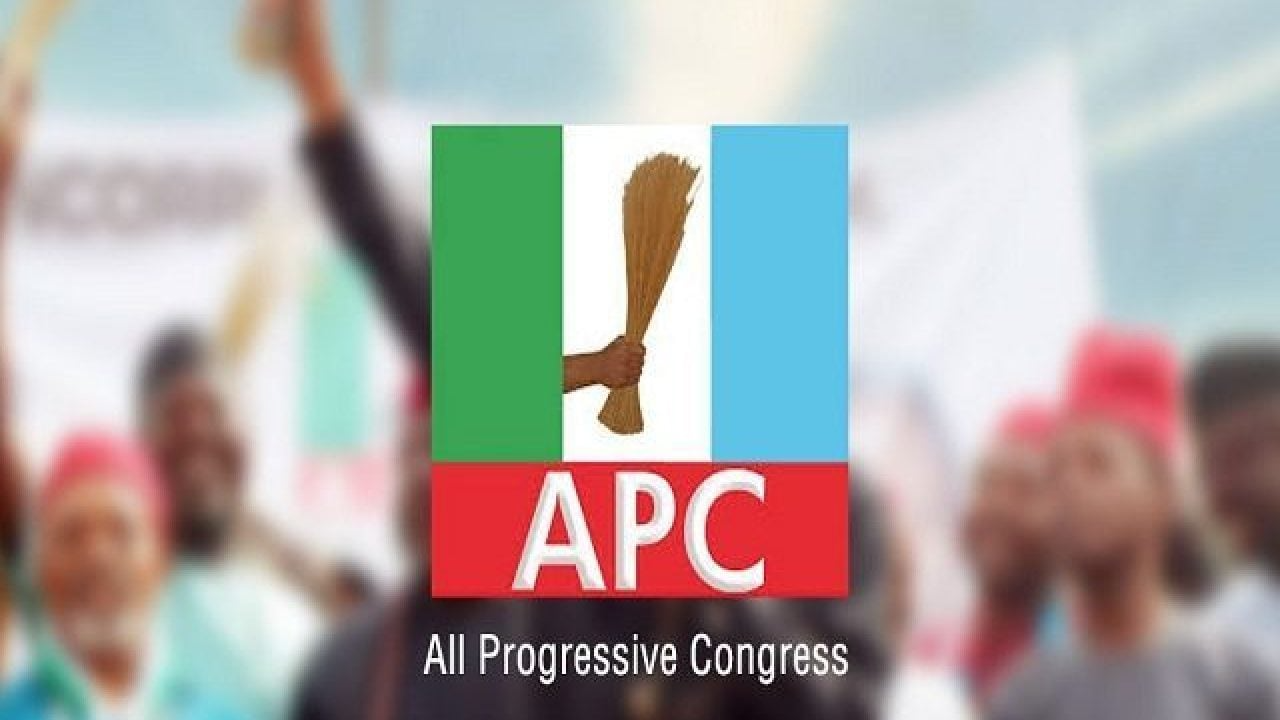The All Progressives Congress (APC), Nigeria’s ruling political party, has recently undertaken significant policy shifts aimed at addressing the nation’s economic challenges and enhancing governance. These changes reflect the party’s commitment to reform and its responsiveness to public concerns.
In the economic sector, the APC has introduced measures to stabilize the naira and curb inflation. Recognizing the adverse effects of currency devaluation, the party has implemented policies to bolster the naira’s value, including strategic foreign exchange interventions and promoting non-oil exports. These initiatives aim to reduce the nation’s reliance on oil revenues and diversify the economy.
Addressing unemployment, the APC has launched programs targeting job creation, particularly for the youth. These programs focus on skills development, entrepreneurship, and support for small and medium-sized enterprises (SMEs). By fostering a conducive environment for business growth and innovation, the party seeks to reduce the unemployment rate and stimulate economic growth.
In the realm of governance, the APC has undertaken reforms to enhance transparency and accountability. The party has strengthened anti-corruption measures, including the establishment of specialized courts for swift prosecution of corruption cases and the implementation of digital platforms for monitoring government expenditures. These steps are intended to rebuild public trust and ensure that resources are utilized effectively.
The APC has also prioritized infrastructure development, recognizing its critical role in economic advancement. The party has increased investments in transportation networks, including roads, railways, and airports, to facilitate trade and mobility. Additionally, there is a focus on expanding access to reliable electricity and improving water supply systems, aiming to enhance the quality of life for citizens and attract foreign investment.
In the education sector, the APC has committed to improving the quality of education at all levels. This includes increasing funding for schools, training teachers, and updating curricula to meet global standards. The party acknowledges that a well-educated populace is essential for national development and has taken steps to make education more accessible and equitable.
Healthcare reforms have also been a priority for the APC. The party has worked to expand access to healthcare services, particularly in rural areas, by building new clinics and upgrading existing facilities. There is also an emphasis on training healthcare professionals and ensuring the availability of essential medicines. These efforts aim to improve health outcomes and reduce mortality rates across the country.
On the international front, the APC has pursued a more assertive foreign policy. The party has sought to strengthen Nigeria’s position in regional and global affairs by engaging in diplomatic initiatives, participating in peacekeeping missions, and fostering economic partnerships. This approach is intended to enhance Nigeria’s influence and contribute to regional stability.
These policy changes by the APC signify a proactive approach to addressing Nigeria’s multifaceted challenges. While the effectiveness of these reforms will depend on their implementation and the political climate, they represent a concerted effort by the ruling party to steer the nation toward sustainable development and improved governance.












I cant help but wonder, do these policy changes in APC truly reflect the partys core values or are they just political maneuvers?
Im not convinced about the effectiveness of the recent policy changes in APC. Do you think its just a facade or a genuine reform?
Im not convinced that the recent policy changes in APC will lead to real progress. Lets discuss and debate!
Interesting read, but Im not convinced. Are these policy changes really benefiting the party or just causing more chaos?
Interesting read on APC policy changes, but do you think theyll actually improve the partys image? Curious to hear your thoughts!
Im not convinced by the analysis in the article. Seems biased. Need more diverse perspectives to truly understand APCs policy changes.
Do these policy changes in APC really reflect the partys values or are they just a facade? Lets discuss!
Do these policy changes in APC reflect real progress or just political games? Lets debate! #APC #policychanges #opinions
Im not convinced by the articles analysis of APC policy changes. Seems like theres more to the story. What do you all think?